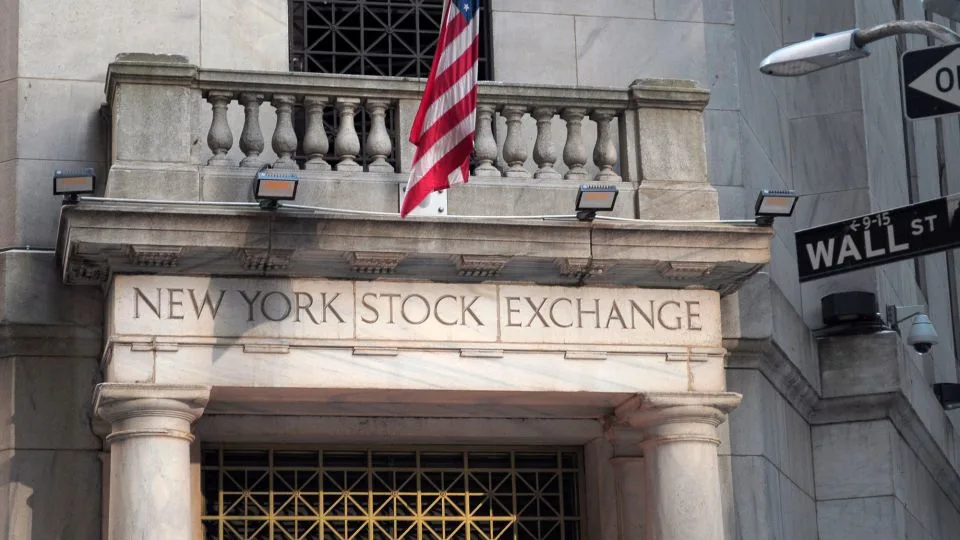Global stock markets experienced a sharp decline after the US announced new tariffs, fueling fears of a potential trade war. Investors reacted with caution as major indices worldwide recorded substantial losses.
The US government’s move to introduce additional tariffs on key imports has heightened tensions with major trading partners, including China and the European Union. Experts warn that retaliatory actions from affected nations could disrupt global trade, slowing economic growth and increasing market instability.
Wall Street faced significant losses, with the Dow Jones Industrial Average dropping more than 500 points, while the S&P 500 and Nasdaq also saw sharp declines. Asian and European markets followed suit, with Hong Kong’s Hang Seng Index and London’s FTSE 100 experiencing notable downturns due to concerns over prolonged economic uncertainty.
Financial analysts caution that businesses dependent on global supply chains may encounter rising costs, which could either be passed on to consumers or lead to operational cutbacks. Additionally, inflation worries and potential central bank responses have further unsettled investors.
Governments and financial regulators worldwide are closely watching developments, hoping that diplomatic efforts will help ease tensions and prevent further economic fallout. However, market observers expect ongoing volatility as uncertainty surrounding trade policies continues.
The impact of these tariffs is also being felt in commodity markets, with oil and metal prices fluctuating amid concerns over reduced global demand. A prolonged trade dispute could lead to supply chain disruptions, affecting industries from technology to agriculture, ultimately weighing on economic recovery efforts worldwide.
Meanwhile, multinational corporations are assessing potential shifts in production and supply routes to mitigate the effects of tariffs. Some companies may consider relocating manufacturing operations or seeking alternative trade agreements to minimize exposure to escalating trade tensions.
The next few days will be critical in determining whether negotiations can de-escalate tensions or if additional retaliatory measures will further disrupt financial markets.
.





